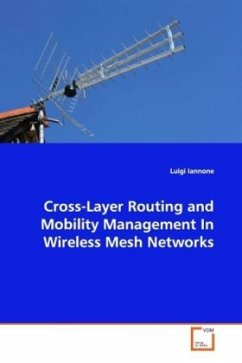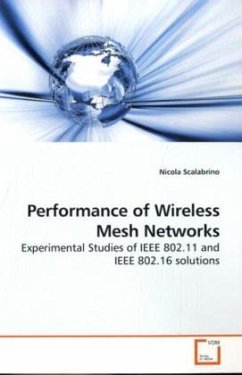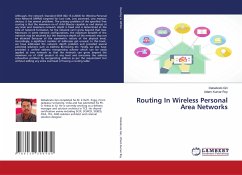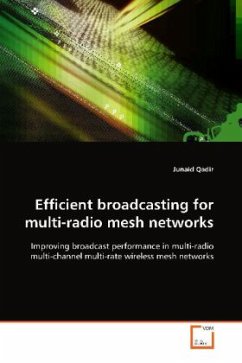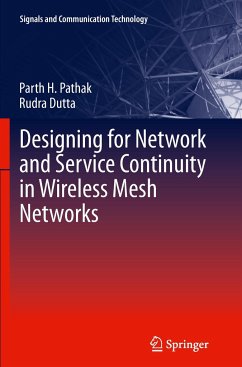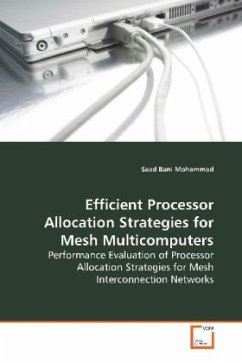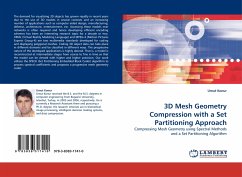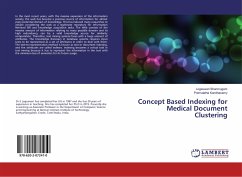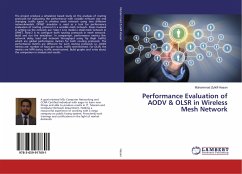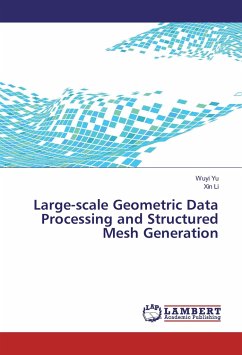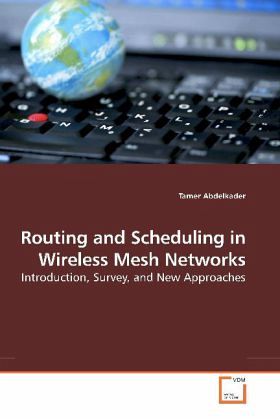
Routing and Scheduling in Wireless Mesh Networks
Introduction, Survey, and New Approaches
Versandkostenfrei!
Versandfertig in 6-10 Tagen
32,99 €
inkl. MwSt.

PAYBACK Punkte
16 °P sammeln!
Wireless Mesh Networking is envisioned as an economically viable paradigm and a promising technology in providing wireless broadband services. A key factor in designing protocols for a wireless mesh network (WMN) is to exploit its distinct characteristics, mainly immobility of mesh routers and less-constrained power consumption. In this work, we present a literature review of the work done on routing and scheduling in WMNs before. In addition, we study the effect of varying the transmission power to allow and maximize the number of simultaneously active transmissions in the network. We propose...
Wireless Mesh Networking is envisioned as an economically viable paradigm and a promising technology in providing wireless broadband services. A key factor in designing protocols for a wireless mesh network (WMN) is to exploit its distinct characteristics, mainly immobility of mesh routers and less-constrained power consumption. In this work, we present a literature review of the work done on routing and scheduling in WMNs before. In addition, we study the effect of varying the transmission power to allow and maximize the number of simultaneously active transmissions in the network. We propose a QoS-aware routing framework using transmission power control. The framework addresses both link scheduling and QoS routing problems taking into consideration the spatial reuse of the network bandwidth. We formulate an optimization problem to find the optimal link schedule and use it as a fitness function in a genetic algorithm to find candidate routes. Using computer simulations, we show that by optimal power allocation the QoS constraints for the different traffic flows are met.



